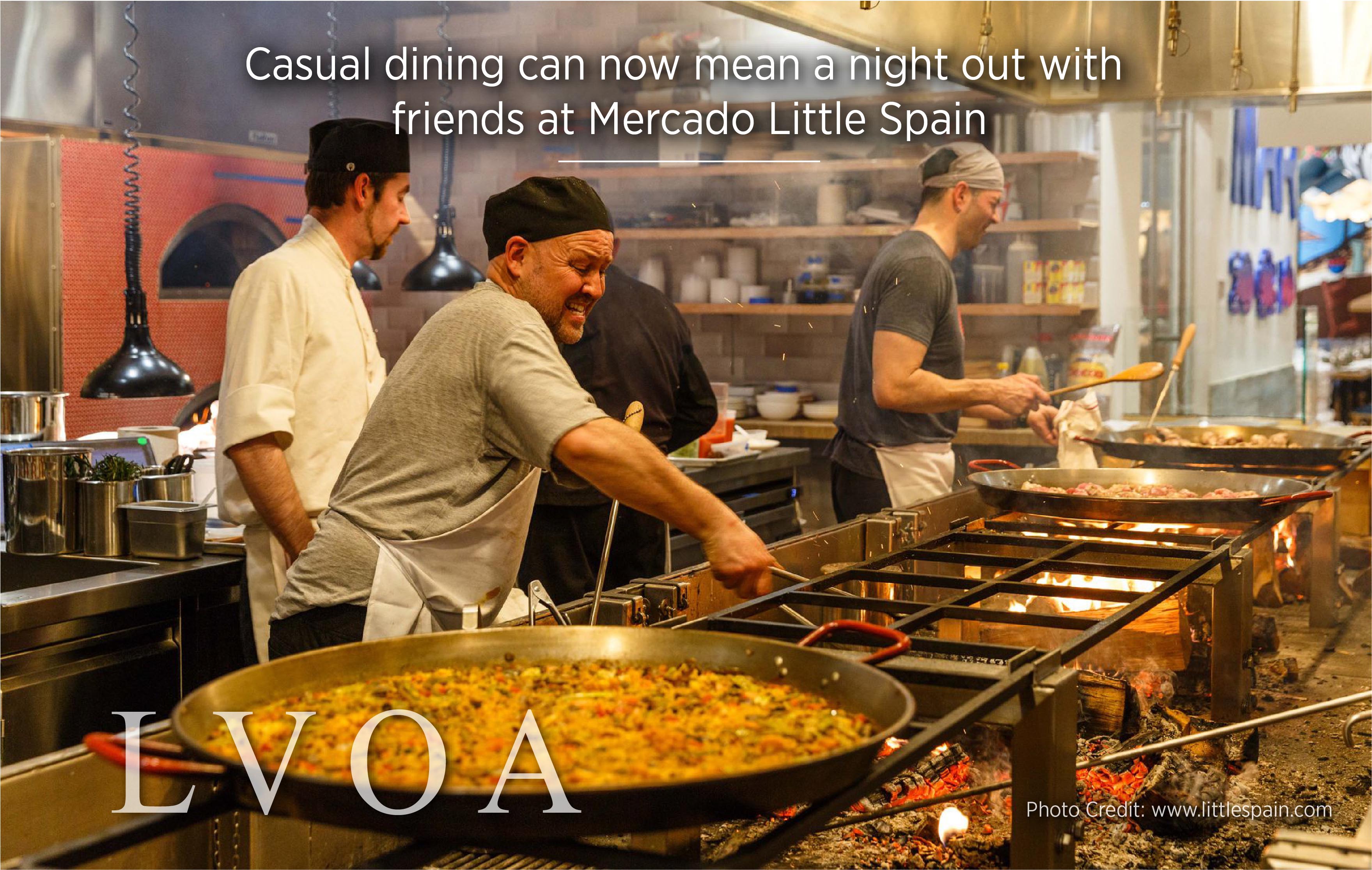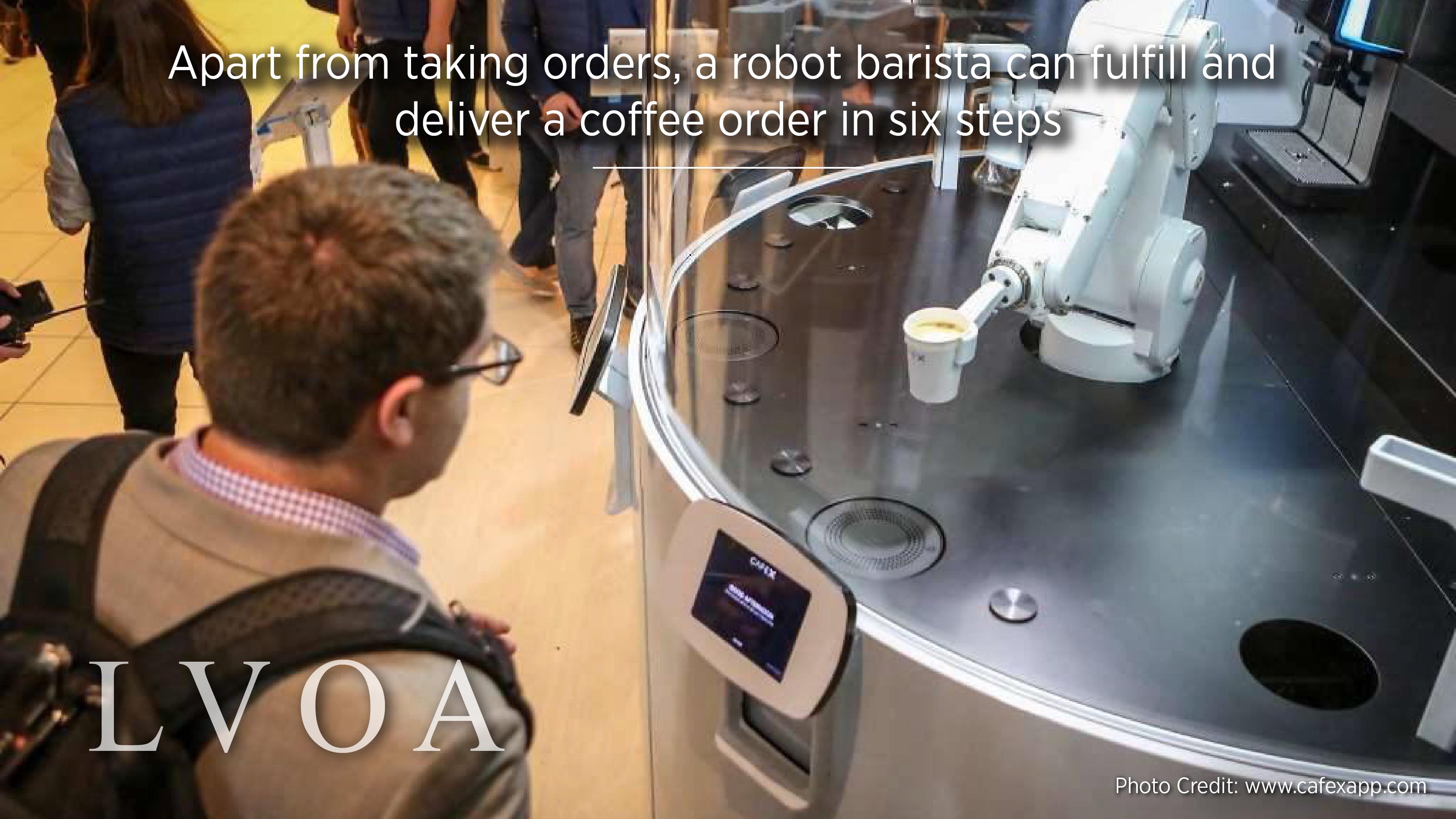New millennial-inspired and tech-infused dining trends have been emerging across the globe. Fast food and casual dining aren’t going away but they are fundamentally changing and no longer just greasy burgers and fries, but a perfect espresso shot pulled in record time by a fully robotic barista or a stand-up omakase meal at a sushi kiosk.
‘Casual dining’ is a far cry from a family meal and it now sometimes means a night out with friends at a food hall that doubles as a meeting place.
From matcha kelp noodles at a vegan fast casual to wild ferments at a kombucha taproom, the way we eat around the world is changing. The old guards of dining are switching up their games to compete.
As more customers expect on-demand ordering, big players have struck deals with startups like UberEATS, GrubHub and GrabFood to ensure greater reach and retain existing customers.
New restaurant concepts are re-defining how we think about food, pushing established brands to re-invent themselves, spurring entrepreneurs to be creative with visual platforms like Instagram and recipes like pea-based protein, and paving a new way forward for the idea of casual dining itself.
A new way overdue
Market share is simply shifting away from big chains that haven’t successfully innovated or reinvented themselves, flowing instead to new models for creating and selling food to customers. Many of these models target millennials, who now make up the majority of the workforce, while others cut across generations to target all types of affluent customers. Still others simply offer new opportunities for restaurateurs, whether through unique placement geographically or temporally.
Mercado little Spain in NYC
A project by José Andrés and the Adrià brothers, the food hall aims to offer a more modern spin on the markets found in Spain. This recently launched project will be an ‘all-day destination for the very best of Spanish food, drink, and culture’. It has been inspired by the food halls & markets in Spain, but will offer a more modern interpretation of those experiences with both indoor and outdoor seating. Spanish flavours will be in full focus including tapas and churros.
This Mercado/market concept is special because it provides a combination of possibilities: having an aperitif, a fast snack, a takeaway, or counter hop for specialty tapas. Diners can also have a leisurely dining experience at a restaurant or take fresh produce home from the market section, including fresh flowers.

Waitrose Sushi Daily in UK
The rise of grab-and-go sushi counters shows just how rapidly the concept is developing and also marks a return to more traditional Japanese sushi traditions. Waitrose in UK has Sushi Daily counters in over 85 of its stores, while Asda launched its first last month. Sainsbury’s has rapidly rolled out its sushi offering, M&S has a partnership with Wasabi and Tesco is piloting Yo Sushi counters. The concept is making waves in the food world, offering a unique combination of old-world and new- world themes. Successful chefs opening smaller, more casual venues are not new. What makes them distinct is that it offers a choice between convenience and a more intimate sushi experience. The kiosk format allows guests to quickly pick up sushi to go from the counter. At the same time, they aim to bring British sushi closer to its Japanese roots, where sushi chefs are akin to neighbourhood bartenders. The ‘sushi artisans’ that you find at counters in Waitrose and most recently, Asda learn techniques from Yamamoto-San, who teaches them that every piece of sushi is a ‘work of art’.
Automated food and beverage
Henn-na Cafe
Japan’s first cafe served by a robot Henn-na Cafe, meaning ‘Strange Cafe’ in Japanese opened its doors last year with an automaton replacing the barista to serve coffee to patrons. A cafe typically employs about four to five people to operate machines and serve coffee. Here, they are replaced by the robot barista called ‘Sawyer’ and the automated coffee machine. Customers have to scan a QR code printed on a ticket bought from a vending machine in order to get a US$3 (320 yen) coffee.
Terminal 2 Changi Airport
Changi Airport has introduced the unattended retail concept of paying for food and beverages with an automated food court at Terminal 2. Visitors can now select their bowl of noodles or a plate of chicken rice from a screen, pay through their credit card and collect their food; all with minimal human interaction, which is somehow very contrasting to the notion of how food courts in Singapore usually work.
Holistic fast casual
As many shoppers are now looking to retail locations as social hubs, rather than just destinations for a single product or service, holistic fast casual outlets have diversified well.
Organic Supply
A new restaurant and bakery Organic Supply in Ladprao, Thailand owned by four owners serving baked goods, food, drinks in addition to organic products. The bakery focuses on being straight vegan, meaning all products do not contain any eggs nor dairy products.
If you like what you just read click follow Larry Van Ooyen Associates Ltd and stay tuned for more articles from our Associates..







